After six years of Labour party rule in New Zealand, the country’s foreign policy brings to mind the line about everything being at sea except the fleet. While the conservative National party of prime-minister-elect Christopher Luxon won on familiar-sounding domestic problems – galloping consumer prices, spiking interest rates and urban crime – the importance of foreign policy was not that far away.
For decades, New Zealand has made much of its independent foreign policy stance
Luxon, a former airline boss, has hinted that he will be on board the diplomatic jet as soon as he has finished hammering out a coalition agreement. While the National party mustered an emphatic majority on election night, the country’s fiddly mixed-member proportional representation system requires him to first try to stitch together a governing deal with the other parties on the centre-right, the populist NZ First and the libertarian ACT party.
Israel is part of the story. But New Zealand faces questions from its traditional Anglosphere partners. Firstly, Luxon needs to calibrate his government’s ongoing relationship with the Five Eyes intelligence-sharing alliance between Australia, Canada, the United Kingdom and the US. This, in turn, will have some bearing on an invitation to join Aukus, established two years ago by the US, UK and Australia. Aukus was founded mainly to deter adventurism in the region by China, whose diplomatic sensitivities are as great as its economic importance to New Zealand, its biggest trading partner by far, buying a third of its exports.
For decades, New Zealand has made much of its independent foreign policy stance but really, it’s an attempt by the export-led economy to avoid upsetting its trading partners – except the United States, relatively briefly, in the 1980s, when New Zealand banned visits by American-flagged nuclear-powered warships. Part of its current trading cohort includes the UAE and Saudi Arabia, as well as a number of small but growing Middle Eastern markets.
Talk about tiptoeing across a minefield. Almost alone among its western partners, the government here makes a Thomistic distinction between Hamas’s supposedly standalone military and political wings, with only the first designated as a terrorist entity and even then only rarely identified as such by political leaders.
In her initial statement responding to the recent atrocities, Labour’s foreign minister, Nanaia Mahuta, cast the situation simply as an ‘outbreak of conflict’ involving Israelis and Gazans. This seemed altogether too weak to Luxon, who said such lack of clarity offered ‘another example of a government falling apart’ on the foreign policy front.
The new prime-minister-elect’s party has pledged to ‘maintain a modern, combat-ready military’ here in the South Pacific, one of the largest areas of maritime responsibility on the globe. The party wants to ‘maintain our strong relationship with Australia and other Five Eyes partners, the United States, Canada and the UK’.
This may mark the end of the prevailing political idea in New Zealand: that domestic issues and trade can somehow be kept entirely separated from international developments in an interconnected world. Aukus will provide the answer to that question.
The Kiwis have been offered access to the tripartite security partnership established two years ago by the US, UK, and Australia, which shares information in cutting-edge defence technologies to counter China’s muscular naval incursions in the region. While both the departing Labour administration and Luxon’s party have fudged on this issue, the incoming government looks more likely to usher in such a policy. The Kiwi fleet could yet be returning to the sea.
Got something to add? Join the discussion and comment below.
Get 10 issues for just $10
Subscribe to The Spectator Australia today for the next 10 magazine issues, plus full online access, for just $10.


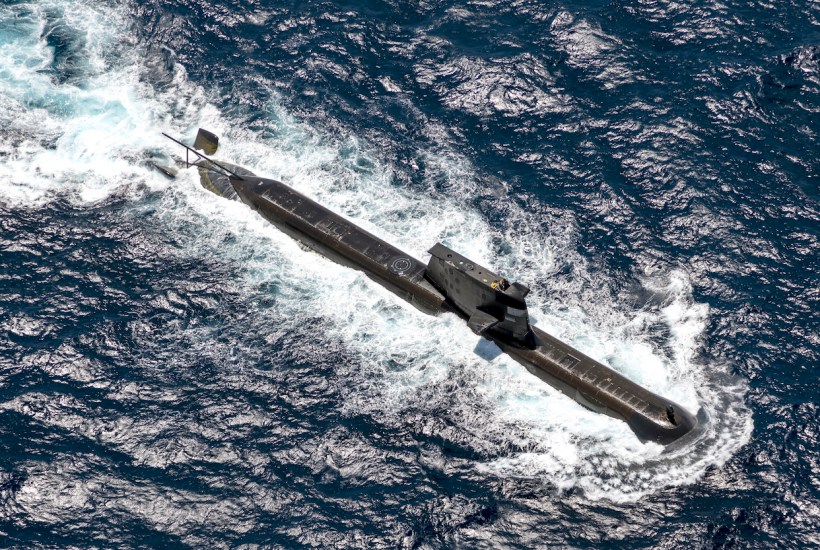

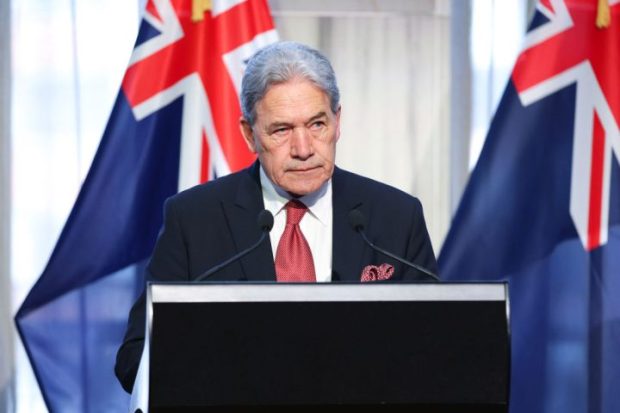
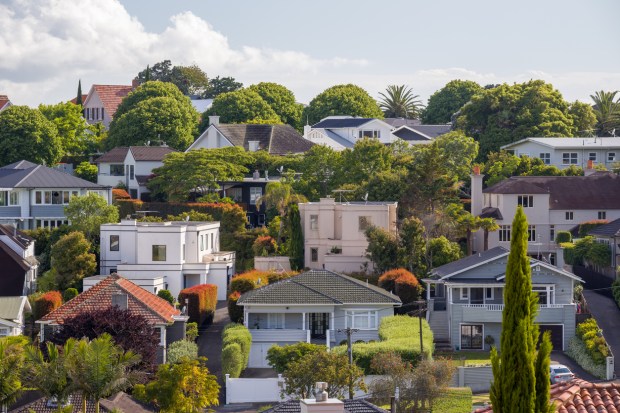
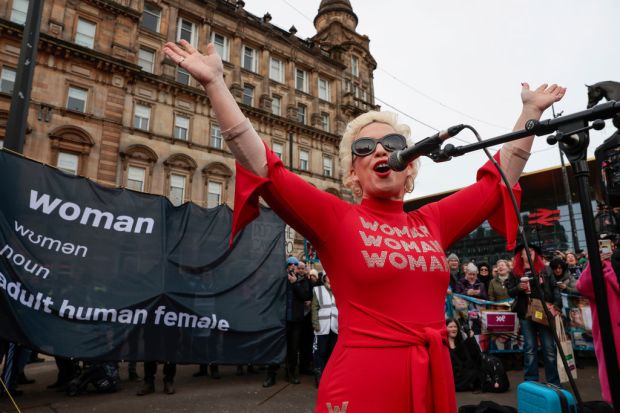
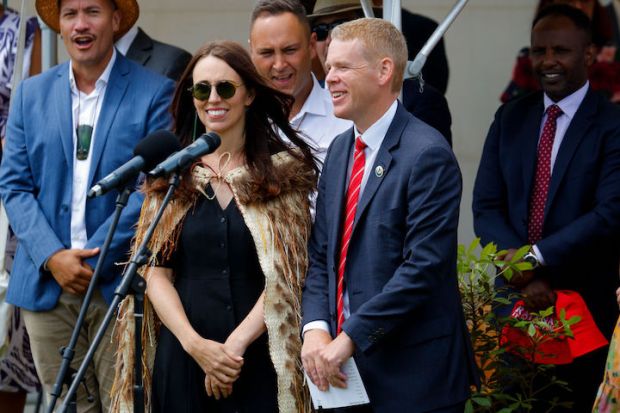













Comments
Don't miss out
Join the conversation with other Spectator Australia readers. Subscribe to leave a comment.
SUBSCRIBEAlready a subscriber? Log in